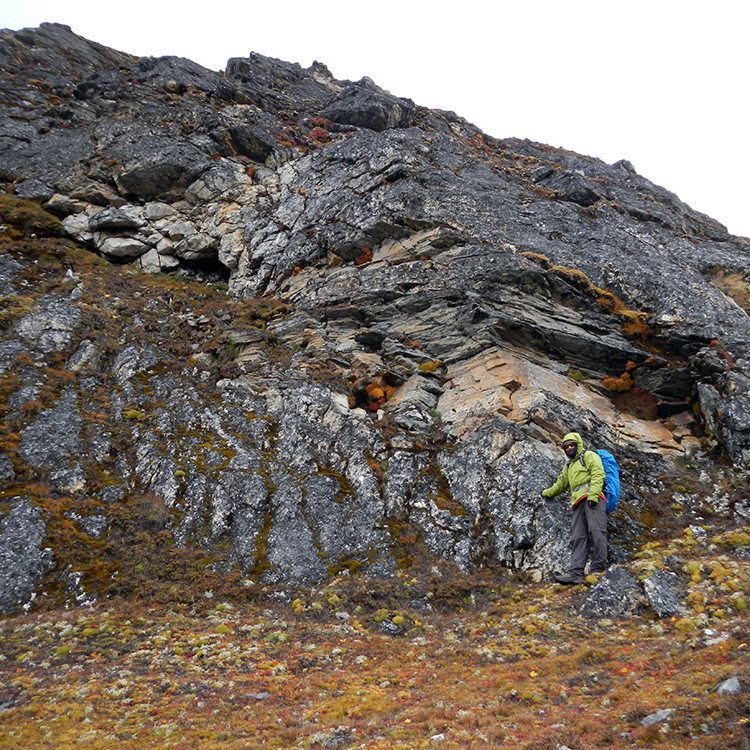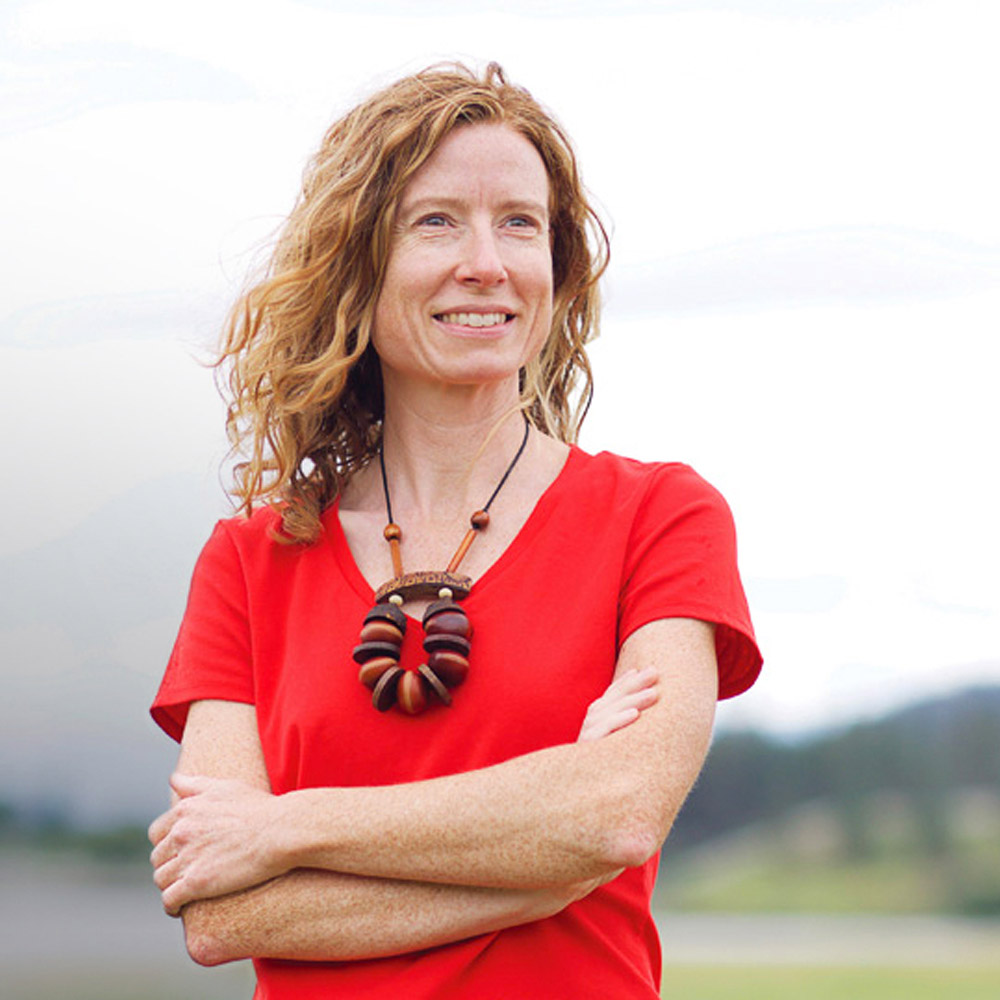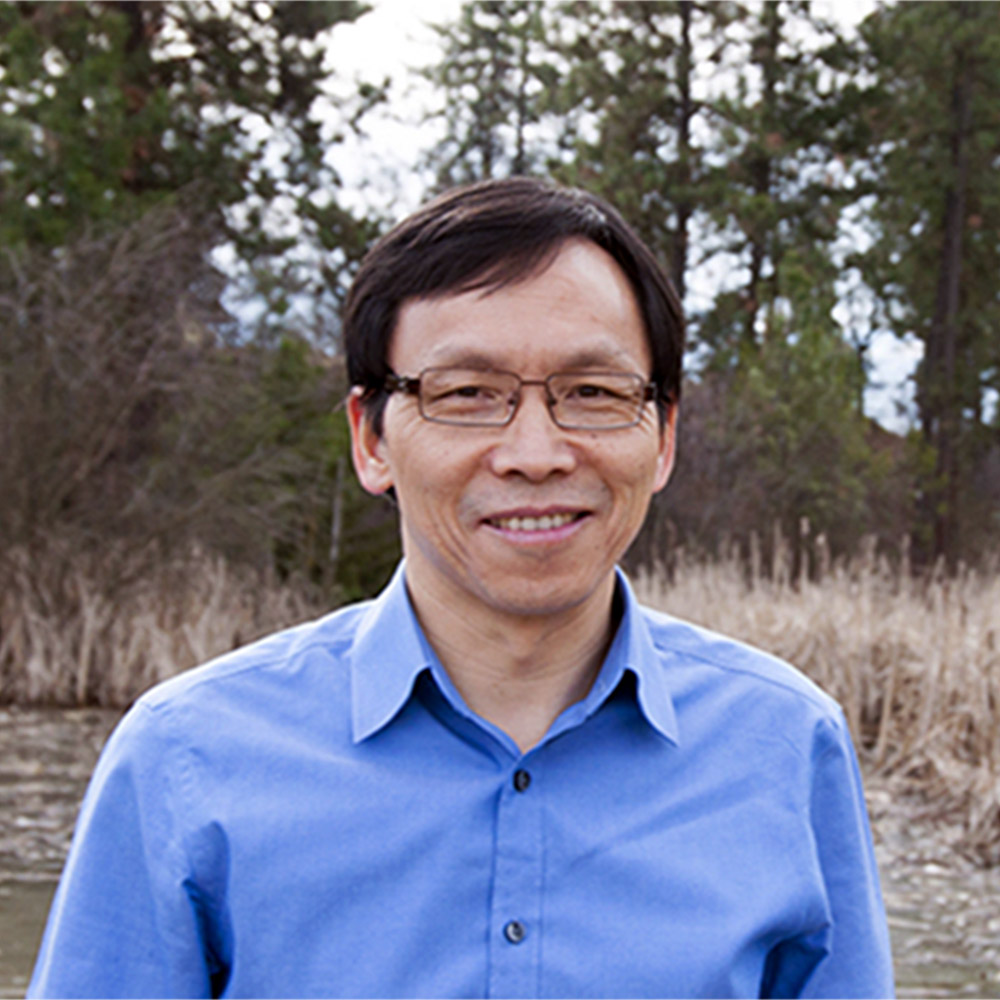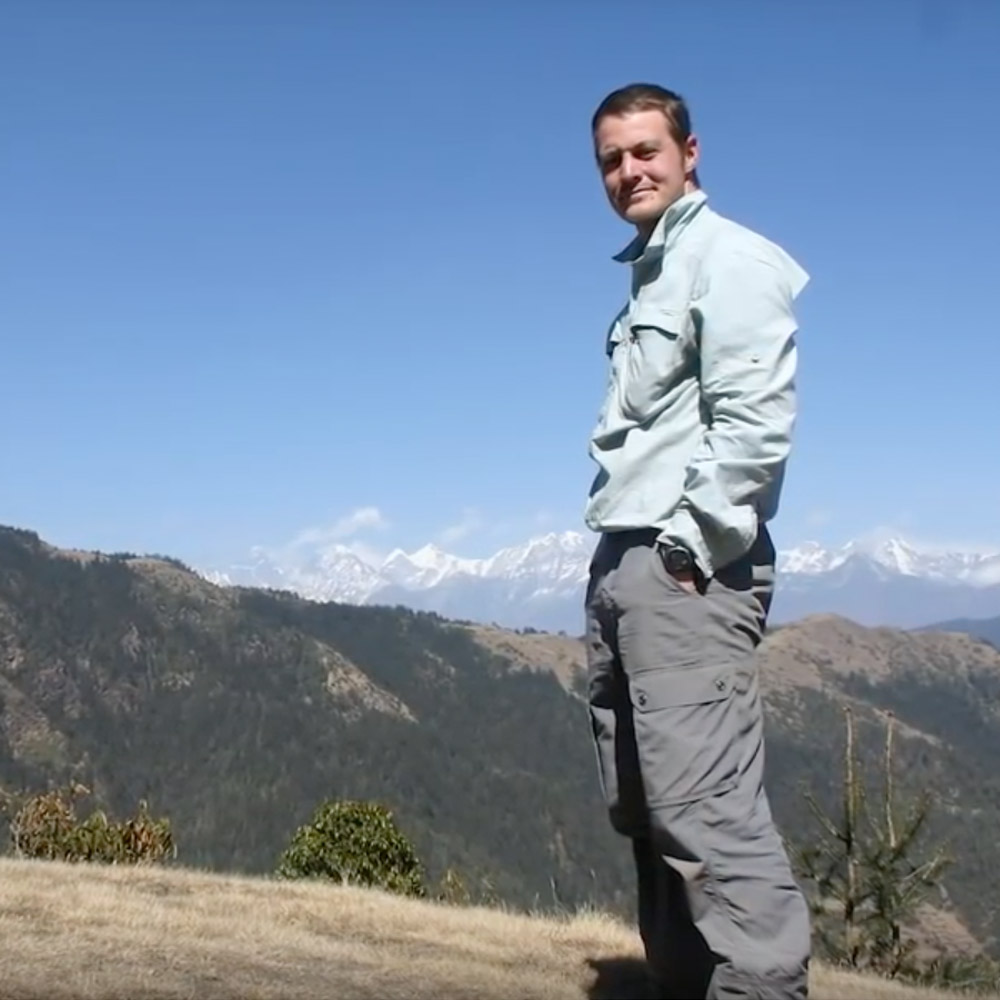Research Themes
Tectonics & Geochronology
What is the timing and nature of processes that form mountain belts and continents? Learn more.
Biogeochemistry
How do human activities and global change impact element and greenhouse gas cycles?
Wildfire
How should biomass be managed at the interface between forests and communities?
Global Change
How will climate change alter the frequency and magnitude of floods, drought, and wildfire, and recreational use of the landscape? Learn more.
Paleoecology
What can the past tell us about future environmental change? Learn more.
Environmental Impact Assessment
How will development choices change our environment? Learn more.
Watershed Science
How does forest disturbances, such as wildfire and timber harvesting, impact water quality and supply? Learn more.
Ecology
How do human activities, such as logging, mining and recreational use of watersheds, affect ecological processes in terrestrial and aquatic environments? Learn more.
Land Surface Processes
How do landscapes evolve and change over different time scales?
CENTRES, INSTITUTES AND LABS
Our centres, institutes and labs form the foundation of our research efforts, where our faculty members work with many community and industry partners to advance knowledge in the environmental and geological sciences, and provide hands-on research and learning opportunities for students.
The Centre for Environmental Assessment Research (CEAR) at UBC supports research about environmental assessment (EA) processes and methods and helps integrate this information into practice. Research conducted and supported by CEAR contributes to resource development by furthering knowledge about the role that EA plays in helping to advance natural resource management practices that benefit Canadians. Learn more.
The Complex Environmental Systems Lab is a new research facility at UBC Okanagan. We study the management and governance of natural resources from a complex systems perspective. We work at the scale of regional landscapes, acknowledging the intricate interdependency of human and environmental systems. Learn more.
The FiLTER Lab is a new research facility accessible to researchers and external researchers across UBC’s Okanagan campus. Made possible by investments from the Government of Canada and the generous donations of Charles Fipke, it specializes in trace element analysis and electron microscope imaging. Services include inductively coupled plasma spectrometry, scanning electron microscopy, and electron probe microanalysis. Learn more.
BRAES is a group of over 30 faculty members and their graduate students working in ecology, biodiversity and conservation, and environmental sustainability on UBC’s Okanagan campus. BRAES’ special strength is its multidisciplinary focus, with members from departments of biology, mathematics and statistics, literary and cultural studies, earth and environmental sciences, physical geography, economics and creative arts. Learn more.
Our research is aimed at examining displacement and distortion in convergent margins. We are currently conducting research programs in the Tama Kosi area of east-central Nepal, the Kanchenjuga region of far-east Nepal, the Hindu Kush of northwestern Pakistan, and the cratonic rocks of Northern Saskatchewan. These study areas provide the opportunity to examine well-exposed sections of exhumed middle to lower crust within the youthful Himalayan orogen and contrast that with similar rocks involved with ancient orogensis. This type of research enables us to identify and track common processes across different orogens through time. Learn more.

Experts
Search for Irving K. Barber Faculty of Science faculty members with the right expertise.
Opportunities for Undergraduate Students
The Department of Earth, Environmental, and Geographic Sciences offers many opportunities for undergraduate students to gain valuable research experience. You can participate in research either as a volunteer research assistant, or through Directed Studies and/or Honours opportunities. Explore your options below.
The opportunity: Get experience helping faculty members, graduate students, or a mixture of the two, with their research projects. Students can participate in lab-based or field research, at study sites in diverse forests, grasslands, lakes and rivers, and agroecosystems. This is a non-paid, non-credit based opportunity that will give you the chance to participate in various elements of conducting research. The duties and length of the opportunity is determined by the supervising faculty member.
Prerequisites: Typically, no experience is required, but some research labs may require students to have previous research experience. Some opportunities may also require the completion of certain courses prior to volunteering. Consult your program advisor or a faculty member for more information.
The opportunity: Carry out your own research project under the supervision of a faculty member in earth, environmental, and geographic sciences. You can earn three or six credits, depending upon the project.
Prerequisites: Third-year standing and permission of the department head and a faculty member to supervise the project. Consult your program advisor or a faculty member for more information.
The opportunity: Investigate a research problem under the supervision of a faculty member. You will be involved in all aspects of the research process, such as research design, data collection, and data analysis. Presenting findings is another key component of research, and this option requires completion of a written report and a public presentation of your research findings.
Completion of the undergraduate honours thesis contributes six credits towards your degree, but does not guarantee an honours distinction. To receive the honours distinction, you will also need to satisfy all of the graduation requirements including, but not limited to, a minimum average of 75% in all courses, and a minimum grade of 75% on your honours thesis.
Prerequisites: Fourth-year standing, a minimum average of 75% in all courses taken, and a research supervisor. Consult your program advisor or a faculty member for more information.
Awards for Undergraduate Students
The Undergraduate Research Awards (URA) and the NSERC Undergraduate Student Research Awards (USRA) provide exceptional research experiences for students at UBC’s Okanagan campus.
The purpose of the awards is to encourage undergraduate students to pursue innovative and original research as part of their learning experience.
Our Partners and Donors
Together, we are making a difference, locally and around the world. Our partners and donors allow us to carry out our mission of helping the community, making advancements in research, and providing quality education in the field of environmental and geographic sciences.
If you are interested in becoming a partner or donor, we would love to hear from you.





